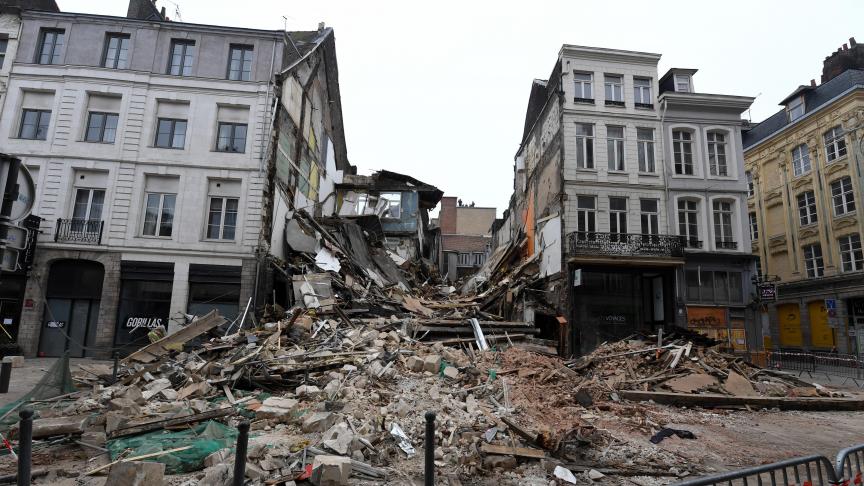 November 21, 2022 - The management of a co-ownership requires a long-term vision that not only takes into account immediate needs but also the future implications of maintenance and renovation decisions. A strategic approach involves regularly evaluating the condition of the building and planning necessary interventions before problems become critical. In one of my columns, I highlighted a troubling issue affecting many co-ownerships in Quebec: the lack of maintenance of the real estate heritage.
November 21, 2022 - The management of a co-ownership requires a long-term vision that not only takes into account immediate needs but also the future implications of maintenance and renovation decisions. A strategic approach involves regularly evaluating the condition of the building and planning necessary interventions before problems become critical. In one of my columns, I highlighted a troubling issue affecting many co-ownerships in Quebec: the lack of maintenance of the real estate heritage.
This alarming situation turns some buildings into real threats to the safety of their occupants. It is crucial to reverse this trend of negligence and adopt a proactive maintenance culture.
Worrying examples
In a co-ownership of 275 units, significant cracks and a lack of reinforcing steel were observed in the concrete slabs of the underground parking, highlighting a potential risk of collapse. Surprisingly, management's priority seemed to be oriented towards aesthetic work rather than addressing this major structural problem.
Another co-ownership chose to opt for costly embellishments, overlooking critical issues such as water infiltration through windows. This situation has persisted for years without corrective intervention, illustrating a lack of prioritization of essential maintenance.
Cost of negligence
A particularly enlightening anecdote concerns a co-owner who initiated repairs on the building's windows shortly before selling her unit. Unfortunately, the work was insufficient, leading to air infiltration problems for the buyer, and resulting in costly legal proceedings for the seller.
Call to action
In light of these observations, a call is made to co-ownership administrators and managers to adopt a more responsible approach to building maintenance. Furthermore, the introduction of the Safety Code by the Quebec Building Authority (RBQ) in March 2013 underscores the importance of structural compliance, including underground parking slabs and facades, for buildings of five stories and more, with a possible extension of this regulation to smaller buildings by municipalities.
The detection of structural anomalies during inspections could lead to the condemnation of parts of the co-ownership until necessary work is carried out. This measure aims to ensure the safety and durability of the building, emphasizing the critical importance of regular and preventive maintenance in co-ownership management.
Collective responsibility and communication
The success of co-ownership management also lies in the ability to establish collective responsibility among co-owners and to maintain transparent and regular communication. Decisions regarding the maintenance and renovations of common areas must be made democratically, taking into account the opinions and concerns of all. Clearly informing residents about the issues, planned work, and their financing is essential to maintaining trust and everyone's commitment to preserving the common good. By adopting an inclusive and forward-looking management approach, co-ownerships can avoid turning into "time bombs" and ensure a safe and pleasant living environment for all.
For any additional information, please do not hesitate to contact us.
Georges Fallah, Architect
Member of the Quebec Order of Architects (MOAQ)
President of G.A.P.Immeubles inc
Tél. : (514) 946 8807
Fax : (450) 478-4932
Courriel : [email protected]
The columns express the personal opinion of their authors and do not in any way commit the responsibility of the site's publisher, CondoLegal.com Inc. The content and opinions expressed in a column are solely those of the author.
